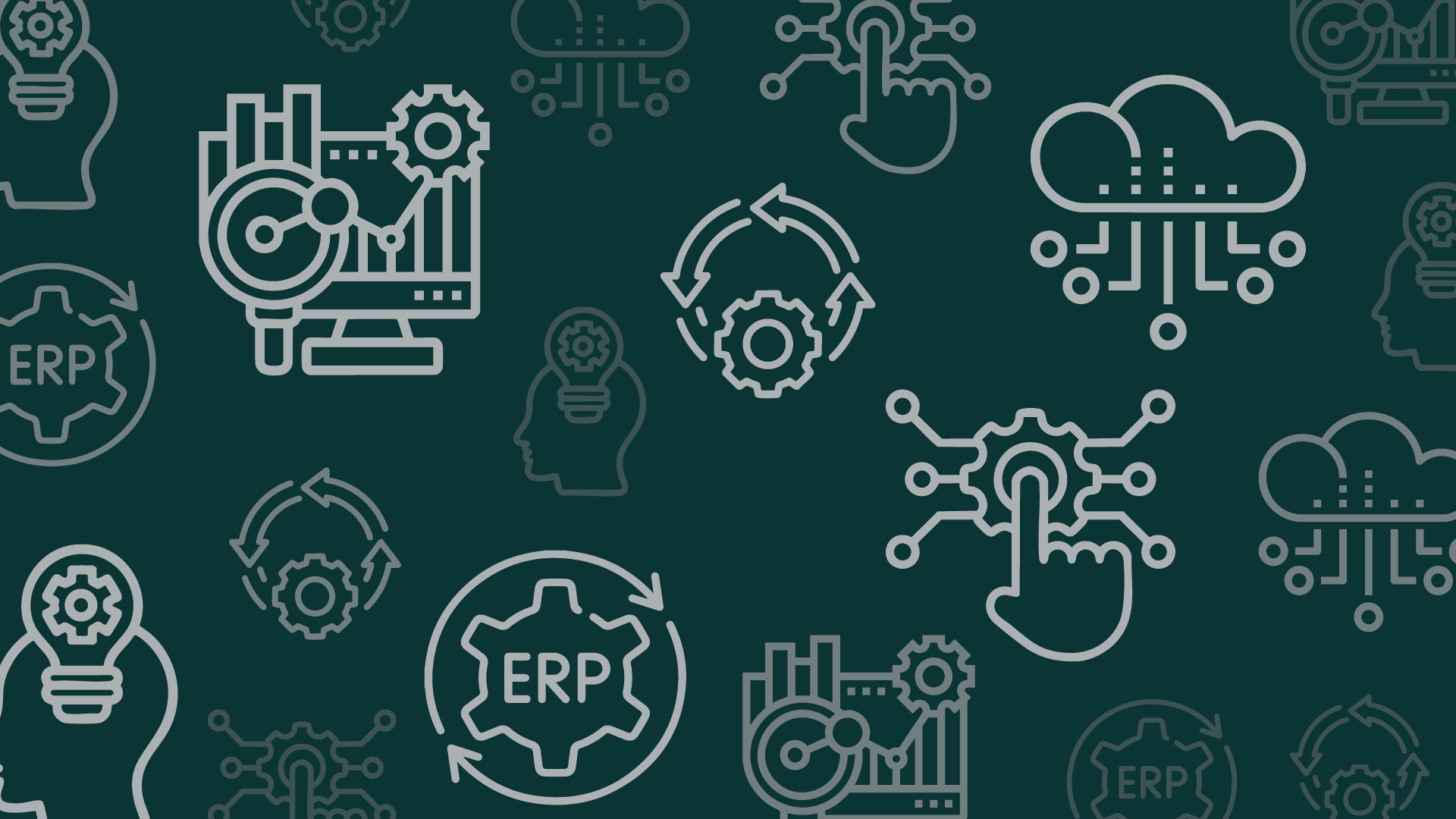As enterprise technology continues to evolve, so too do the demands placed on ERP talent.
In 2025, organisations are prioritising professionals with cloud-native expertise, cross-functional capabilities, and a strong grasp of data-driven decision-making.
This overview highlights the most significant hiring trends shaping the ERP landscape, essential insights for both employers and professionals navigating today’s transformation-driven market.
1. Increased Demand for Cross-Platform Expertise
As businesses continue to integrate various platforms (Workday, NetSuite, SAP, Dynamics 365), ERP professionals who can navigate multiple systems or work with hybrid tech stacks will be in high demand.
Trend: ERP professionals will need to be multidisciplinary, familiar with how different platforms (cloud-based or on-premise) can work together.
Implication: Companies may favour candidates who have experience integrating ERP systems, even across non-traditional boundaries (e.g., Workday to SAP, Dynamics to NetSuite).
2. Rise of Cloud-Native ERP Systems
Cloud ERP systems will continue to dominate. Platforms like NetSuite, Workday, and Dynamics 365 are already cloud-first, and as businesses migrate to cloud-based solutions, the need for ERP professionals with cloud experience will be stronger than ever.
Trend: Cloud skills, including cloud infrastructure knowledge, cloud security, and expertise with cloud ERP solutions (e.g., multi-tenant solutions, SaaS), will be highly sought after.
Implication: Candidates with deep cloud architecture or cloud migration experience will stand out.
3. Increased Focus on Data Analytics & AI Integration
ERP systems are evolving to handle big data, predictive analytics, and AI-driven decision-making. As businesses look for ways to leverage ERP for advanced analytics and machine learning, data-driven ERP professionals will be needed.
Trend: Expect to see more ERP professionals skilled in AI, data analytics, and business intelligence tools integrated within ERP systems.
Implication: Professionals who can not only manage ERP implementations but also enhance them with data insights, AI algorithms, and automation will have an edge.
4. Shift Towards Agile ERP Implementations
Traditional, lengthy ERP implementations are giving way to Agile ERP methodologies, which focus on iterative development, faster delivery, and continuous improvement. This trend is becoming more prominent in ERP project management.
Trend: The shift to Agile means that professionals with experience in Agile project management, Scrum, or Kanban will be increasingly valuable.
Implication: Companies will seek Agile-savvy ERP consultants who can drive quicker, more flexible rollouts.
5. Emphasis on Digital Transformation & Change Management
ERP isn't just about systems; it's about transforming the way businesses work. Companies will need professionals who can not only implement ERP solutions but also drive the organisational change that comes with them.
Trend: Change management skills, as well as expertise in digital transformation, will become more central in ERP hiring.
Implication: Professionals with strong change management or business transformation experience will be in demand to help organisations transition to new ERP systems seamlessly.
6. Focus on Security & Compliance
With heightened concerns about data security and regulatory compliance, especially in industries like healthcare and finance, ERP systems will need professionals who can ensure these systems are both secure and compliant with industry regulations.
Trend: ERP experts with knowledge of security best practices and compliance standards (GDPR, HIPAA, SOX, etc.) will be crucial.
Implication: Organisations will seek ERP professionals who can handle system security, data protection, and regulatory compliance within their ERP frameworks.
7. Hybrid Work Models: Remote ERP Talent
The trend toward remote work continues to impact ERP hiring, with companies more willing to hire remote or hybrid talent for ERP roles.
Trend: Businesses will increasingly look for ERP professionals who can work remotely or across multiple geographies, especially as ERP roles become more specialised.
Implication: Candidates who can work in distributed teams, or who have a global ERP expertise, will stand out. Expect remote roles for ERP developers, functional consultants, and project managers.
8. Increased Role of Industry-Specific ERP Solutions
Different industries need specialised ERP solutions tailored to their specific needs. Expect a rise in hiring for roles that focus on industry-specific solutions, such as ERP for healthcare, ERP for manufacturing, or ERP for finance.
Trend: Companies will seek ERP professionals with industry specialisation, who understand how to tailor and implement ERP systems in those industries.
Implication: ERP experts with deep knowledge of specific industries (e.g., healthcare, manufacturing, retail, or public sector) will be in demand.
9. Upskilling & Reskilling Programs for ERP Professionals
As ERP systems become more advanced and specialised, the demand for upskilling and reskilling ERP professionals will rise. Companies will increasingly provide internal training for their ERP teams to stay on top of new tools and systems.
Trend: ERP professionals will need to continuously evolve their skills and knowledge.
Implication: Expect more certification programs and training opportunities to be provided by employers, and candidates who show a proactive approach to learning new ERP systems will have an advantage.
10. Contract & Project-Based ERP Roles
With a shift towards more dynamic, project-based work, many businesses will hire contract ERP professionals or project-based consultants rather than permanent employees.
Trend: Freelance and contract ERP roles will rise, as companies seek to fill talent gaps for specific projects.
Implication: Professionals who can offer their ERP expertise on a flexible basis, especially for short-term projects, will be highly sought after.
Conclusion
The ERP hiring landscape in 2025 is shifting fast, with cloud-native solutions, data-driven innovations, Agile methodologies, and digital transformation leading the charge. The market will continue to look for professionals who are adaptable, tech-savvy, and able to drive business outcomes.
How Cloud2 Consult can help...
Cloud2 Consult helps clients achieve their finance and technology goals by implementing ERP Cloud Solutions and connecting them with top experts for seamless finance transformation. Our candidates have extensive experience in shaping strategy, leading complex projects, and empowering teams.
We provide access to a carefully vetted network of ERP specialists with proven success, ensuring strong support for every implementation.
To set projects up for success, we offer free Fireside Chats with ERP experts to guide business case development, ERP selection, and the discovery phase—available for both new and struggling projects, with no obligation.


